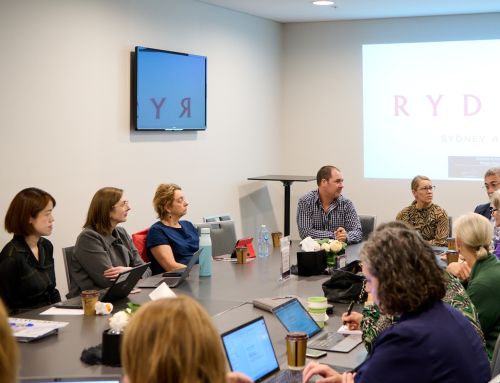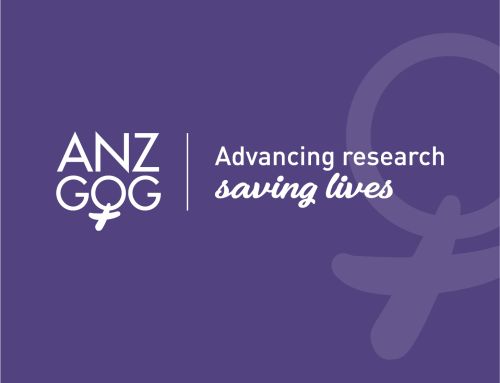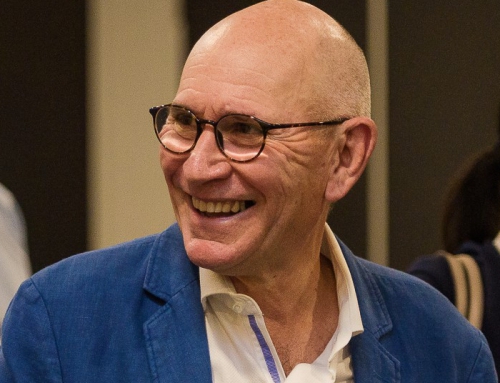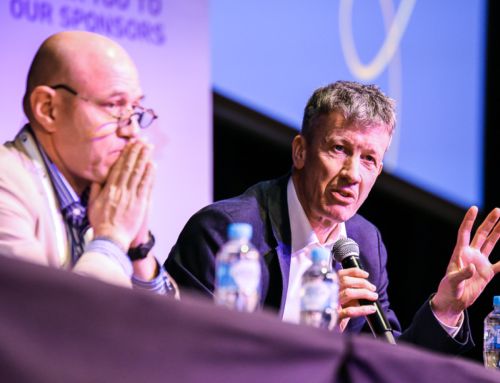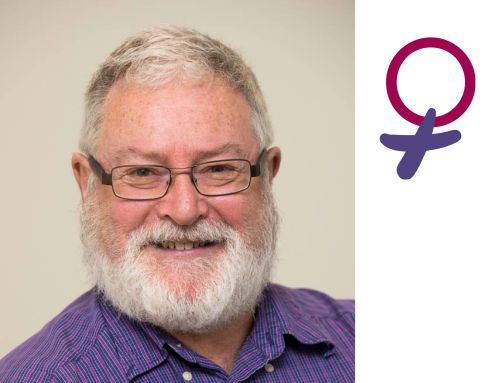Dr Mahesh Iddawela is making sure all patients in Gippsland get access to quality care and clinical trials.
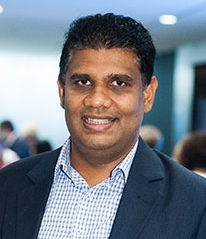
Dr Mahesh Iddawela, leader of the Gippsland Cancer Survivorship Program.
Dr Mahesh Iddawela is a Medical Oncologist, working on cancer genomics and health services research at Monash University, and member of ANZGOG’s Endometrial Tumour Type Working Group and Quality Assurance Committee.
Dr Iddawela leads the Gippsland Cancer Survivorship Program. The program aims to establish a shared care model of post treatment follow-up for cancer patients and their families in Gippsland which will help improve cancer outcomes in the region and also provide better co-ordinated cancer care. The shared care model includes Oncology Specialists, General Practitioners and a Cancer Survivorship Nurse. The program is funded by the Victorian Department of Health and Human Services as a part of the Victorian Cancer Survivorship Program (VCSP).
Dr Iddawela shared his thoughts with ANZGOG on quality care and clinical trials.
Survivorship in cancer care
“The number of patients living with cancer is more than a million, so survivorship is becoming an important part of cancer care.
We have to make sure these people are looked after in terms of both physical and psychological health. After treatment, patients can sometimes feel lost, but the effects of treatment can be long-term and can contribute to a poor quality of life.
Through the Gippsland Cancer Survivorship Program patients nearing the end of treatment are seen by a Survivorship Nurse who prepares an end-of-treatment summary and works with the patient to develop a Survivorship Care Plan.
The Plan includes information about the side-effects of treatment, signs and symptoms to look out for, strategies for coping with the effects of treatment, and facilitated access to local support services including exercise physiology, dietetics, physiotherapy and psychology.
The program helps patients receive the best health care available after diagnosis and treatment. It aims to help them recover faster from the effects of treatments and get back to their normal life as soon as possible.”
Cancer survivorship in regional areas
“Gippsland has more than 1600 new incidents of cancer a year. One of the main issues in regional areas is that there is poor interlink between health services and carers.
Developing a survivorship project and survivorship plans for cancer patients was something we thought would help to improve cancer care in the whole Gippsland region.
Many of the people living in the Gippsland region have less disposable income or have a low socioeconomic status. Most of the costs for these services are covered by the chronic disease management plan from the GP and covered by Medicare.”
Challenges to survivorship care
“Provision of survivorship care has actually been a relatively small part of the task! We’re trying to build a sustainable process to build patient linkages and care pathways in a regional area. We’re trying to encourage more research and more quality improvement projects in the region to really move patient care into a new level.
GPs in the region are quite keen to be involved in the patient journey and are happy to take on more roles in patient management and follow-up. The patients’ GPs are very involved in the model and that’s very important.
On the whole patients have been very receptive to the Program. The degree of patient engagement depends on the cancer type; breast cancer patients are very well engaged, whereas colon cancer patients are less engaged.”
New opportunities
“We’ve had to look to facilities like telemedicine. Some patients have to drive for two hours to get to a Survivorship Centre, which is not ideal. We have a dedicated telehealth facility to take specialist services across the region.
We are now developing a satellite of the Program at another location within the Gippsland region, using the same processes and learnings.
Research is part of the Survivorship Program, involving patient questionnaires and collecting other forms of data. We are assessing our patients’ health wellbeing over time to see the impact of the Survivorship Program.”
Being a member of ANZGOG
“I split my time between clinical work and cancer genomics. My interest is in developing biomarkers that will help to personalise treatment. Some of the work is in breast and prostate but it’s more across tumours and how we can use the learnings to improve outcomes.
I’m heavily involved with the ANZGOG Endometrial Tumour Type Working Group, and want to develop translational research that will improve outcomes in endometrial cancer.
It’s important to develop patient-centred care pathways to make sure all patients get access to quality care and clinical trials to improve outcomes.”
More information about the Gippsland Survivorship Program is available at https://grics.com.au/health-professionals/survivorship/

